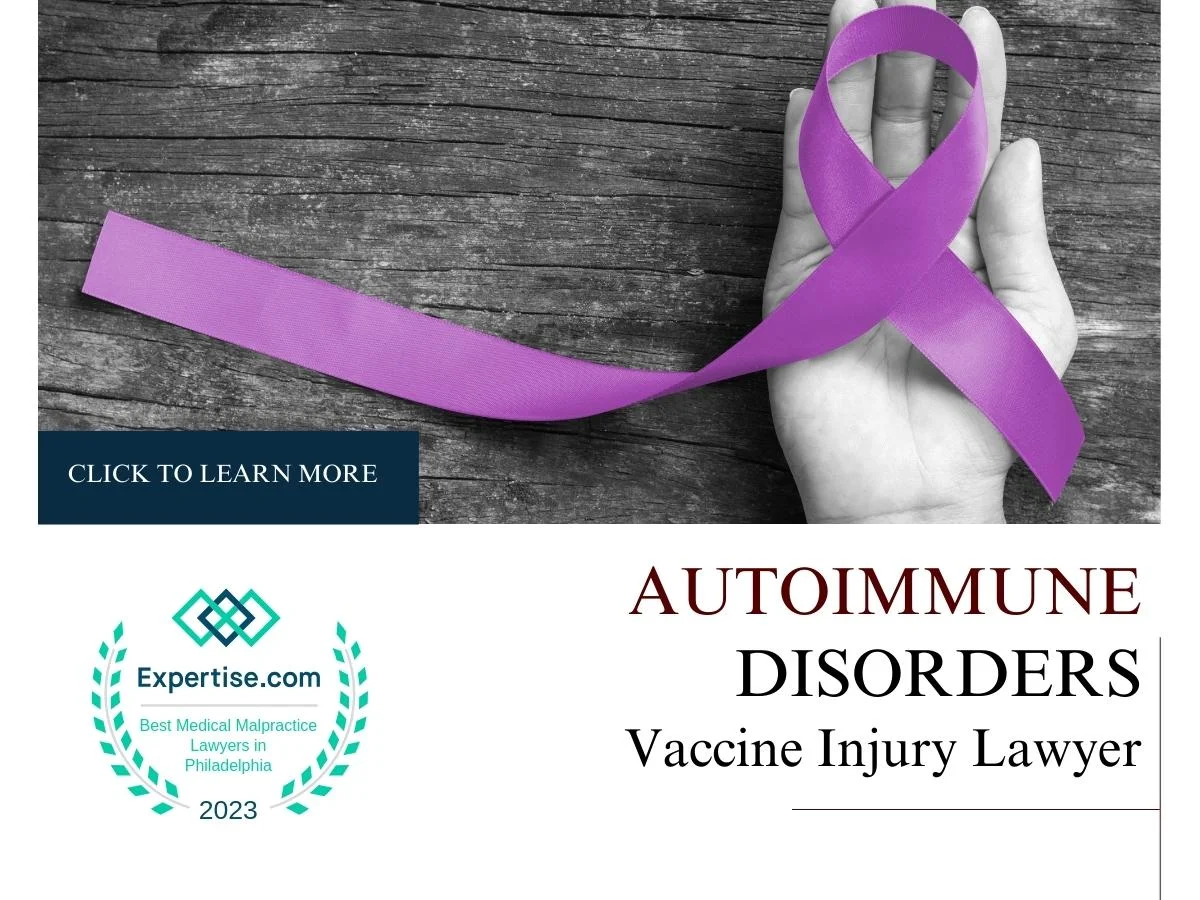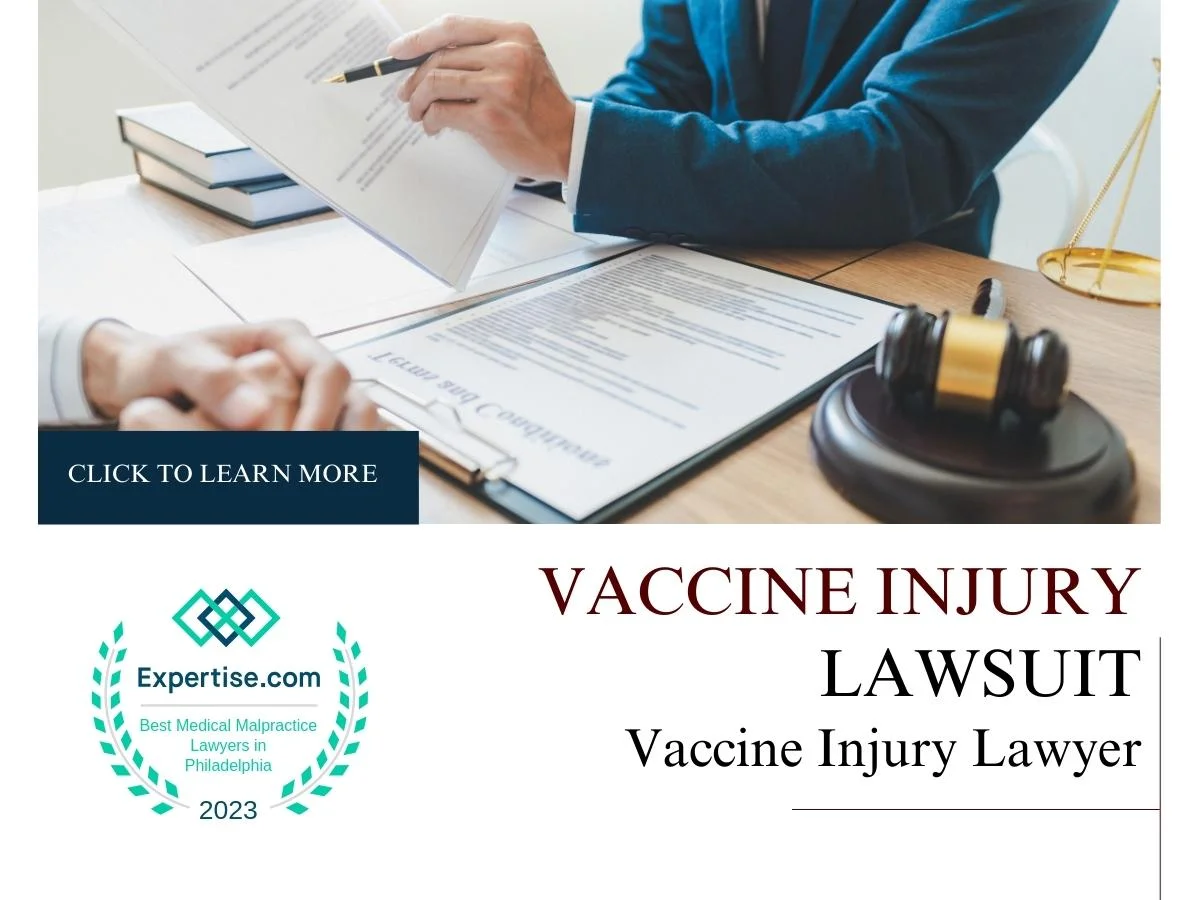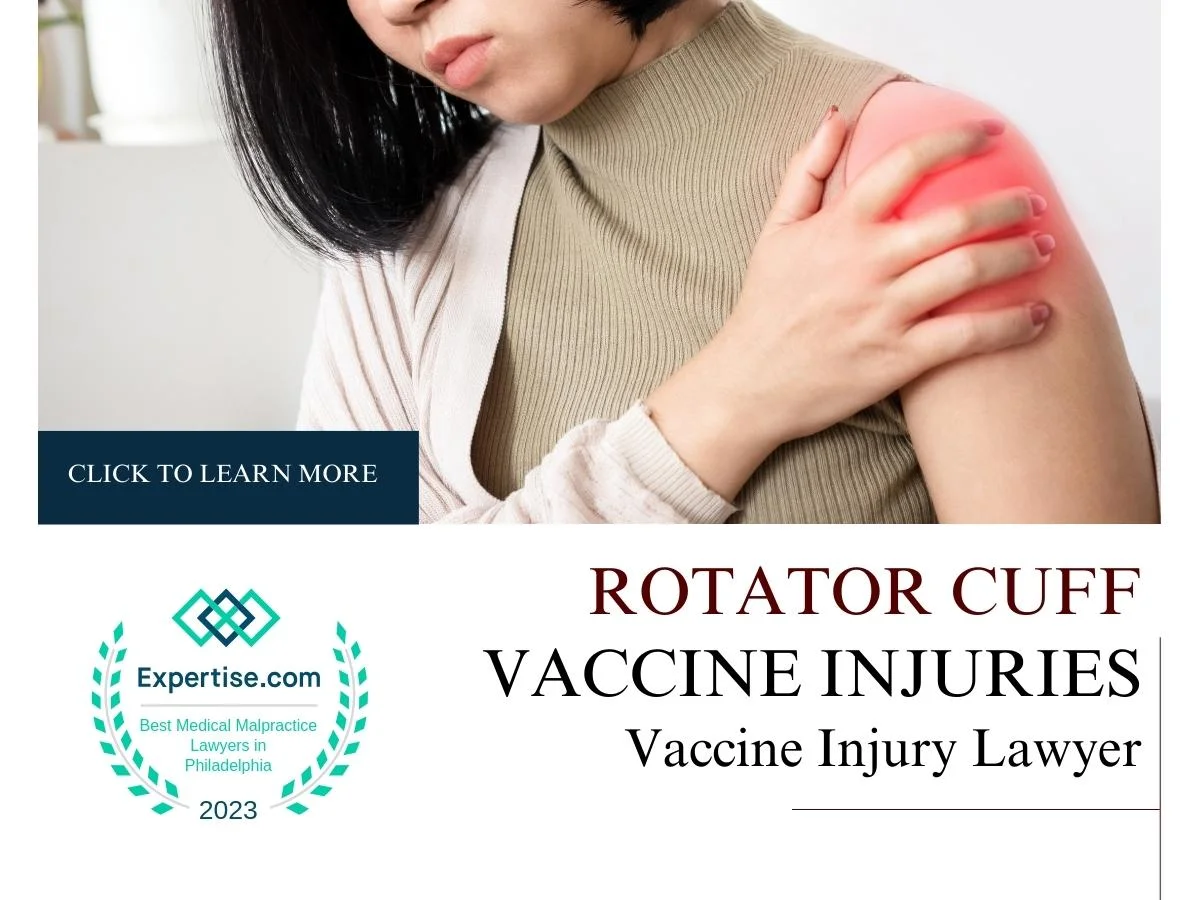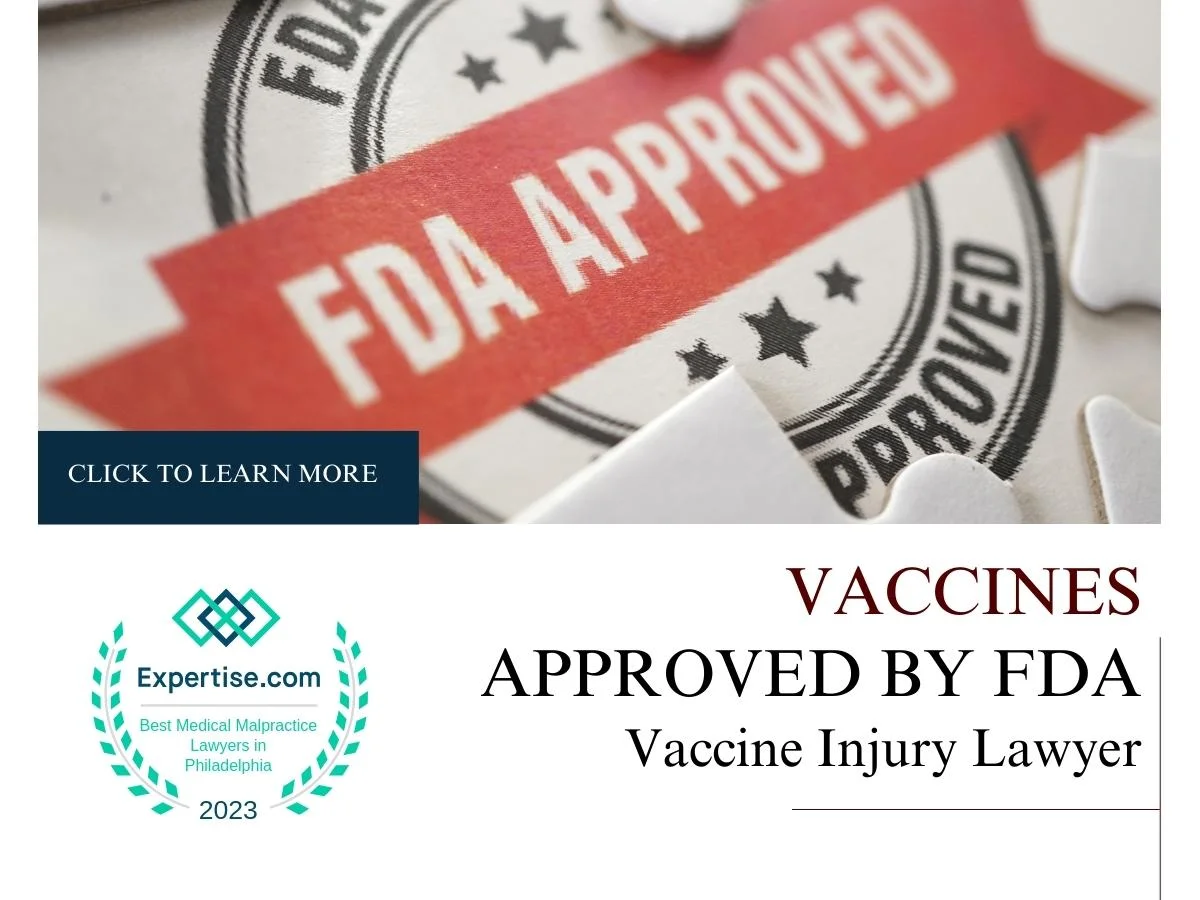Autoimmune Disorders and Vaccinations: Risks and Realities
Autoimmune disorders are a series of conditions that occur when the body’s immune system mistakenly attacks healthy parts of the body. Whereas a...
About Us
Vaccine Injury Lawyer
Types of Injuries
All Covered Vaccines
3 min read
Vaccine Injury Law Resources / / FDA Approved Vaccines: A Comprehensive Guide
 Leigh Finfer
:
Aug 2, 2023 12:00:00 PM
Leigh Finfer
:
Aug 2, 2023 12:00:00 PM
In the United States, ensuring the safety and efficacy of vaccines is a meticulously regulated process overseen by both the Food and Drug Administration (FDA) and the Centers for Disease Control and Prevention (CDC).
The FDA plays a pivotal role in the initial approval process of vaccines, a comprehensive procedure involving stringent assessments, including facility inspections and extensive human trials conducted over several years. Only after the FDA approves the CDC step in, offering recommendations for vaccine use while maintaining a watchful eye on overall vaccine safety.
As a result of this meticulous collaboration, a list of FDA approved vaccines has been established, each designed to combat specific diseases and health threats.
This article aims to help you better understand the FDA approved vaccine list and the potential risks involved. Knowledge of this is paramount when making informed decisions about vaccination, fostering a collective effort to safeguard public health.
As of 2023, the FDA has approved an extensive list of over 80 vaccines in the United States. This comprehensive list encompasses diseases recommended by the CDC for routine vaccination and those that pose risks for travelers venturing overseas and those under specific circumstances.
To address the diverse health needs of the population, the approved vaccines cater to different groups, with specific variants tailored to various age groups and vulnerable populations. The FDA approved list includes not only single vaccines targeting specific diseases but also multiple options for certain ailments, providing healthcare professionals and individuals with flexibility in choosing the most suitable immunization.Moreover, the convenience of combination vaccines ensures protection against multiple diseases through a single injection, streamlining vaccination efforts.
To stay up-to-date with how many vaccines are FDA approved and the latest list of FDA approved vaccines and their applications, visit the FDA website. We also suggest to look at the recommended vaccine schedule for 2023, according to the CDC.
FDA-approved vaccines target a wide range of diseases, protecting against various infections and health threats. The following diseases are:
FDA-approved vaccines undergo rigorous testing and evaluation to ensure their safety and efficacy. However, it's essential to recognize that FDA approval does not imply that vaccines are entirely risk-free. While the Centers for Disease Control and Prevention (CDC) emphasizes the safety and effectiveness of vaccines, it is important to acknowledge that all vaccines come with known side effects.
Before getting vaccinated, individuals should consult their healthcare providers to discuss potential risks, vaccine safety and benefits based on their unique medical history and circumstances. While most people experience only mild side effects, vaccines can, in rare instances, cause illnesses or injuries.
The National Vaccine Injury Compensation Program (VICP) in the United States provides financial aid to individuals who experience vaccine-related illnesses or injuries. Established in 1986, VICP aims to compensate individuals or families who suffer adverse effects from certain vaccines covered by the program.
Individuals can seek compensation through VICP by filing a claim in case of a vaccine-related injury or illness. To navigate the complex legal process involved in filing a claim, vaccine attorneys specialized in VICP cases can provide valuable assistance. One significant advantage is that these attorneys often handle VICP claims at minimal or no personal cost to the affected individuals, making it easier for them to seek the compensation they may be entitled to without incurring significant financial burdens.
Some people may be reluctant to come forward with a vaccine-related injury for various reasons. In these situations, creating a supportive environment that encourages individuals to share their experiences and seek guidance without judgment is crucial, ensuring that everyone has access to the necessary information and resources to make informed decisions regarding their health and well-being.
For more information about five things to know if you have suffered a vaccine injury or guidance on filing a claim under the National Vaccine Injury Compensation Program (VICP), we encourage you to seek advice from experienced professionals who can help you navigate the process.
Schedule a free, no-obligation consultation with My Vaccine Lawyer. We can provide valuable insights and support, ensuring that you understand your rights and are equipped to pursue the compensation you may deserve
Leigh A. Finfer is a vaccine and personal injury attorney at Muller Brazil and My Vaccine Lawyer. Mrs. Finfer has been with the firm since June 2018 and her practice includes representing vaccine injury victims, personal injury victims, and those who suffer injuries as a result of unsafe drugs and medical devices.

Autoimmune disorders are a series of conditions that occur when the body’s immune system mistakenly attacks healthy parts of the body. Whereas a...

The National Vaccine Injury Compensation Program (VICP) can help you get financial compensation. This program avoids traditional lawsuits and...

A rotator cuff tear occurs when one of the tendons in the shoulder detaches from the bone, which can lead to pain, weakness, and a limited range of...
